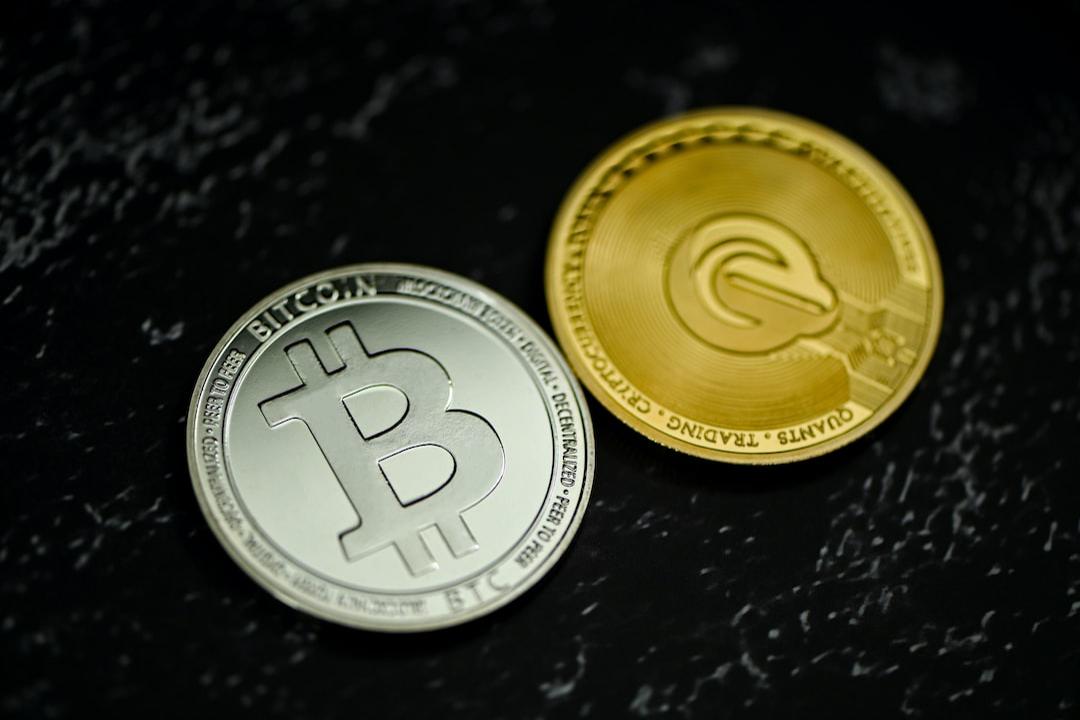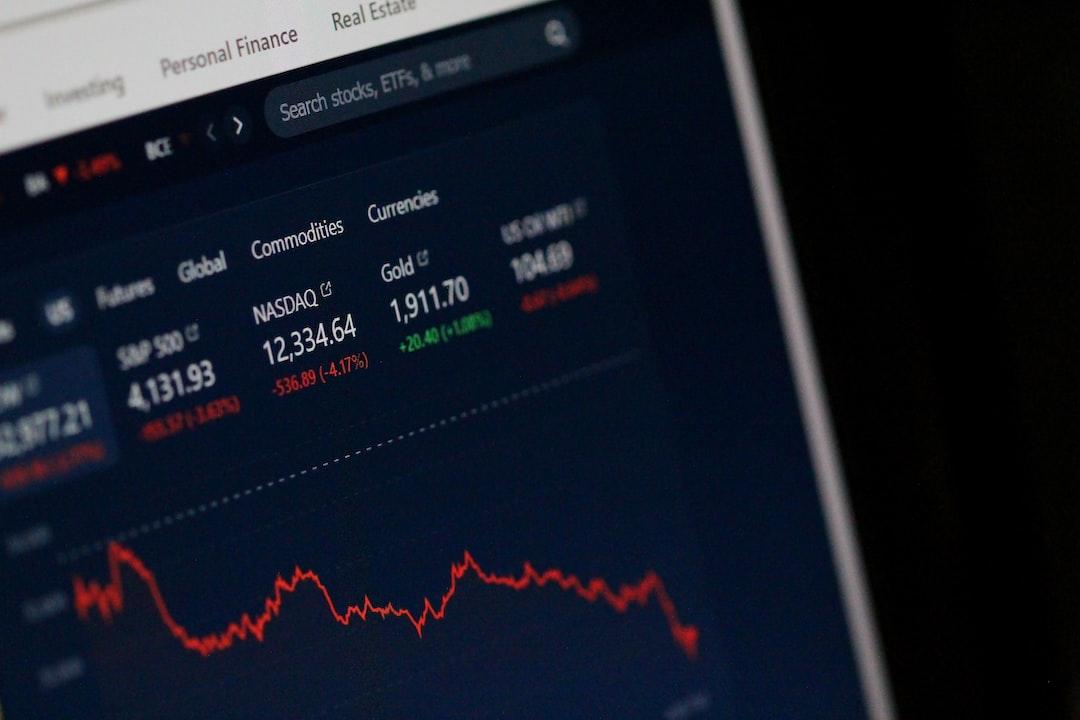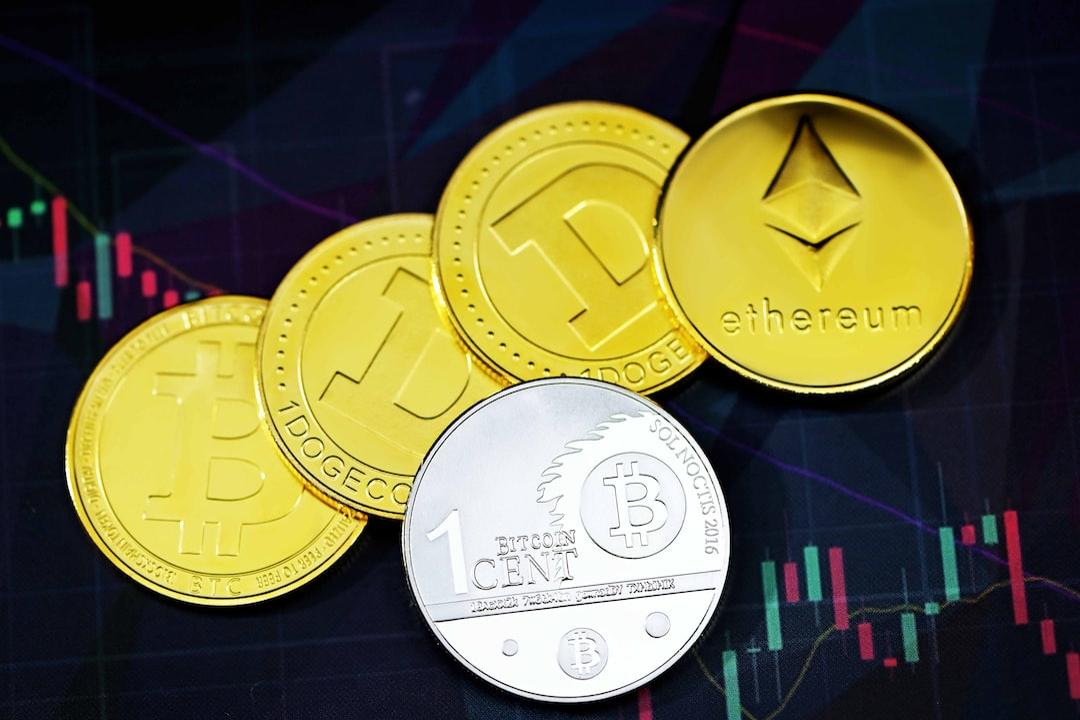What Happened?
The Ministry of Digital Development officially launched the “Digital Certificate Wallet” sandbox trial program, allowing citizens to autonomously store their identification documents and choose what information to disclose. This initiative enables identity verification via mobile devices and marks an important step for Taiwan in promoting digital transformation.
The Digital Certificate Wallet is currently in the sandbox testing phase, with a beta version expected to be released by the end of the year. Initial application scenarios include picking up packages at convenience stores, online car rentals, and validating tickets for attractions. In the future, it may be expanded to various fields such as government service applications, healthcare, and ticketing.
The Digital Certificate Wallet emphasizes that citizens can autonomously input their identification documents and choose what information to disclose; it is not mandatory to use or issue additional documents. The system is designed with a decentralized architecture and complies with cybersecurity regulations, aiming to reduce the risk of personal data leakage. Additionally, mobile biometric technology enhances user security.
Digital Certificate Wallet Pilot Program Officially Launched
Have you ever forgotten to bring your ID when going out, only to find yourself unable to pick up a package at the convenience store? Or, have you spent time rummaging through various cards in your wallet to find the one needed for document processing, yet still couldn’t locate it?
In today’s increasingly digital world, traditional physical identification methods are gradually revealing their inconveniences and limitations. The variety of cards, difficulty in carrying them, risks of loss, and complex identity verification processes not only cause daily inconveniences but also affect the efficiency of digital services and user experience.
To address the various challenges of traditional identity verification, Taiwan’s Ministry of Digital Development launched the Digital Wallet program in 2024, planning to open a sandbox for testing by the end of March this year, allowing citizens to apply online to participate in the testing, with the aim of launching pilot operations by the end of this year (2025).
On March 10, 2025, Huang Yen-nan, the Minister of Digital Development, officially announced the highly anticipated “Digital Certificate Wallet” pilot program at a press conference, symbolizing a significant advancement for Taiwan in the field of digital identity verification.

To verify the practical application effectiveness of the Digital Certificate Wallet and widely collect opinions from various sectors, the Ministry of Digital Development announced that it will officially launch the Digital Certificate Wallet pilot program at the end of March 2025. Government agencies, enterprises, and the general public can apply online.
Essentially, the basic digital wallet service provided by the government is completely free, so citizens applying for the test will not incur additional costs. However, the Ministry of Digital Development also pointed out that if citizens wish to use third-party apps or additional value-added services through the digital wallet, there may be fees involved.

Zhuang Ying-zhi, Director of the Digital International Division of the Ministry of Digital Development, also indicated that, currently, convenience store operators show a high willingness to adopt the system, as some have already planned to implement the Digital Certificate Wallet even before discussions have taken place.
The Ministry will optimize and adjust based on the trial results, laying a foundation for the future official version of the Digital Certificate Wallet, aiming for pilot operations by the end of 2025 at the earliest.
What is a Digital Wallet?
Imagine needing to prove “you are you” or “that you meet certain qualifications” in everyday life, such as proving your identity when picking up a package, showing your age when buying alcohol, or verifying your educational background when job hunting.
The new service called “Digital Wallet” allows users to store physical government-issued cards such as national ID cards and health insurance cards, or even employee IDs issued by companies, school diplomas, language proficiency certificates, and transportation cards, all within a digital wallet on their mobile phones.

When it’s necessary to provide relevant proof, users can “retrieve documents with one device” and control how much information the other party can see during identity verification.
For instance, when buying alcohol, there is no need to show the entire ID card, as the vendor only needs to confirm that the purchaser is of legal age. Through the digital wallet, users can display only their photo and date of birth, while other private information such as address and place of birth remains hidden from the vendor.
In other words, the Digital Wallet acts like a document pouch stored in the mobile phone, allowing users to conveniently prove their identity while protecting their personal privacy, alleviating concerns about important personal data being unnecessarily exposed.
What About Cybersecurity?
The advantage of the Digital Wallet is that it reduces the risk of identity theft or loss of documents. Since it uses mobile devices, it is less susceptible to theft compared to physical documents.
However, citizens may worry that if the telecom provider constructing the Digital Wallet is attacked by hackers, their personal information could be more easily leaked. In response to this concern, the Ministry of Digital Development stated that it will employ strict data protection laws and technologies to safeguard user privacy and minimize the possibility of digital surveillance. Users can also decide what information to share and control who can see the content of their documents.
The official website of the Digital Wallet also emphasizes that security depends on various factors, including system design, encryption technology, and user behavior. Generally, digital certificate wallets utilizing multi-factor authentication and biometric identification are relatively secure. However, users are still advised to regularly update software and avoid conducting sensitive operations over public Wi-Fi.
Zhuang Ying-zhi explained that the system architecture of the Digital Wallet is decentralized, meaning there is no central database collecting everyone’s information, which helps avoid scenarios where a large database could be hacked, leading to a mass leakage of personal data.
Li Yue-yin, Section Chief of Cross-Border Applications at the Ministry of Digital Development, also emphasized, “We are not issuing digital ID cards; we are creating according to international standards, so there will be interoperability for future cross-border use.”
Additionally, considering the digital divide and the needs of older users, the use of the Digital Wallet is not mandatory; therefore, citizens who still have concerns regarding cybersecurity can choose whether or not to use it.

